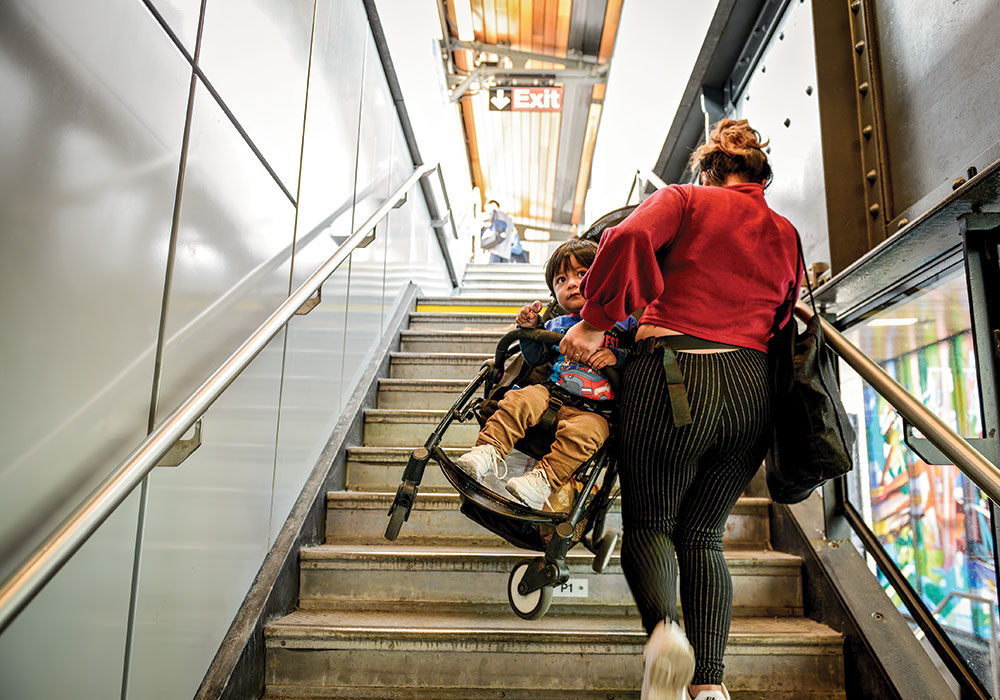
USDOT road safety strategy finally acknowledges the importance of design on speeds and roadway deaths

On the release of the new Roadway Safety Strategy by the U.S. Department of Transportation, T4America director Beth Osborne issued this statement:
“We’re very happy to see the administration specifically call out the importance of road design on speeds and driver behavior as a core area of focus, and acknowledge that risky behavior can be addressed through better roadway design. We’ve been fighting for years to get the media, the public, and especially transportation agencies to focus on the neglected role of street design in these deaths, and we’re encouraged to see an entire section on safer roadway designs and an entire section on safe speeds, including a call for updated guidance on setting safe speeds and the 85th percentile rule.
“We’re delighted that USDOT will consider revising the guidance for state safety targets, requiring them to demonstrate measurable progress instead of permitting them to just accept more deaths as an unavoidable fact of our transportation system. It’s not, and we can’t allow states and metro areas spending our tax dollars to keep throwing up their hands when it comes to reducing fatalities.
“Why is it so important that USDOT use their administrative powers to improve safety? Because in the infrastructure bill, Congress declined to make safety a core priority of and requirement for the huge formula programs used to build or repair roads, instead opting for a strategy that creates new, small safety programs that can be overwhelmed by the hundreds of billions spent on moving cars as fast as possible in almost all contexts. Unfortunately, this plan focuses on using the small safety and bike/ped programs to fund improvements in safety. USDOT needs to make safety the fundamental consideration of the hundreds of billions that states get in programs such as the Surface Transportation Block Grant Program and the National Highway Performance Program. If safety for our most vulnerable users is the top priority then it will be a priority of all the programs, not just niche programs.
“There are a couple areas of concern. The safety plan calls for improvements to the design guidelines used by all traffic engineers (the MUTCD) but states that bigger changes will come in the next edition—which could take years to see and may be managed by an administration that doesn’t share the same priorities. That is a very risky move that could put people at risk. Also while proposing to update the program that assesses the safety of new cars to include the safety of people inside and outside a car, they’ve failed to specify the impact of the growing size of the front ends of vehicles on the increasing deaths of people outside of them. Drivers should be able to see the road in front of them for the vehicle to be road worthy.
“Overall, we think this is a good strategy pointed in all the right directions, but we’re eager to get more specifics about what they plan to do in concrete terms. With a year of this administration already spent, we don’t need new plans and strategies that fail to bring about rapid change. We urge them to get started on implementation as quickly as possible and are eager to help.”



